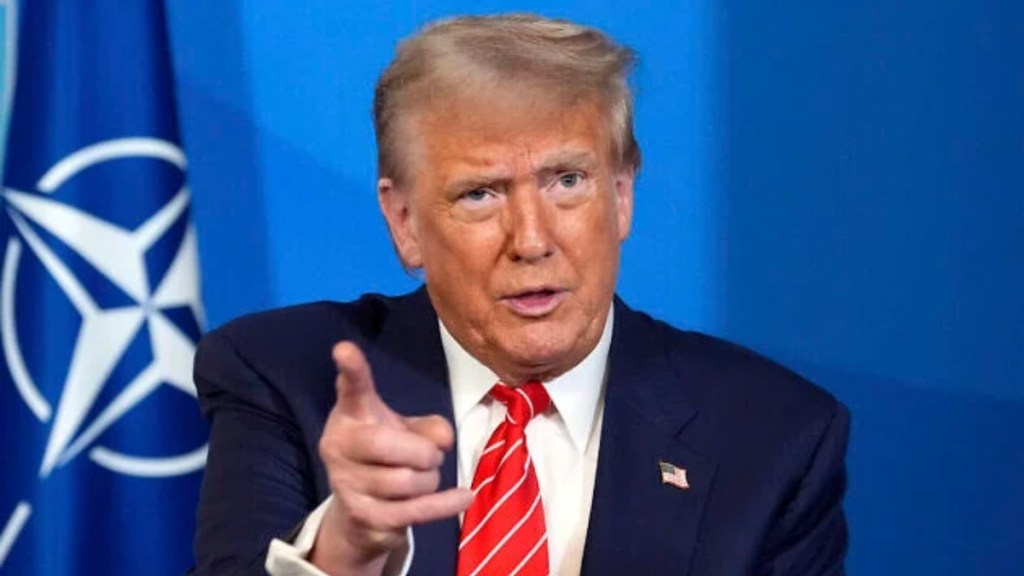The United States is likely to pass a $4.5 trillion tax breaks and spending cuts bill this week amid continued resistance from Democrats and even some Republican politicians. President Donald Trump’s One Big Beautiful Bill cleared the Senate by an exceedingly slim margin of one vote and now faces a similar test before the House of Representatives. Trump and other GOP leaders held a series of closed-door meetings and worked through the night on Thursday to persuade skeptical holdouts. Final debates began in the predawn hours ahead of Trump’s Fourth of July deadline.
Republicans have struggled mightily with the bill nearly every step of the way in the House and Senate, often succeeding only by the narrowest of margins: just one vote. It took Vance’s tie-breaking vote to pass the bill from the Senate, and the slim 220-212 majority in the House leaves Republicans little room for defections.
But few GOP lawmakers have been fully satisfied with the final product. Several more moderate Republicans had reservations about the cuts to Medicaid healthcare and the loss of green energy credits that could derail solar, wind, and other renewable projects in their districts .At the same time, conservatives, including those from the House Freedom Caucus, held out for steeper reductions.
But even as criticism piles up, recent amendments to the Bill are expected to benefit Indians in some ways. The Bill proposes the imposition of a remittance tax on all international money transfers made by non-citizens. It will also affect transfers related to investment income, stock options, and other financial transactions.
According to the Reserve Bank of India, the US accounted for nearly $32 billion in remittances to India in 2023-24, a portion of the $118.7 billion total remitted globally. The proposed tax is likely to affect approximately 45 lakh Indian residents and NRIs living in the US — including non-immigrant visa holders (such as H-1B workers) and green card holders. It is likely to have a significant impact as the remittances often provide a lifeline to their families back home.
The updated version of the bill is likely to provide Indian professionals working in the US, as well as non-resident Indians sending money back to the country with significant relief — cutting the tax rate on remittance to 1%. The levy will apply to remittances made via cash, money orders, or cashier’s cheques. An earlier version of the Bill had sparked alarm after it proposed a 5% tax on remittances sent to foreign countries from the US. It was later brought down to 3.5% in the House version of the Bill.

